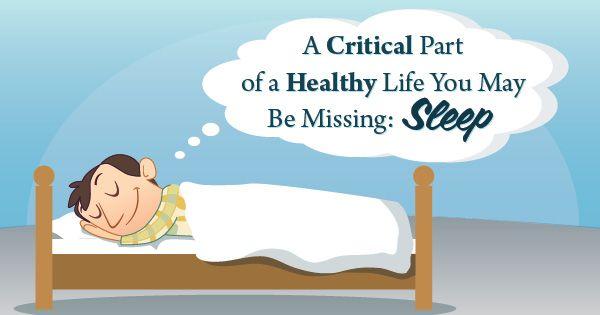A Critical Part of a Healthy Life You May Be Missing: Sleep
Warning: You may be neglecting one of the most crucial elements of your overall health—something often overlooked due to busy schedules. I’m referring to sleep.
Although everyone sleeps, many sacrifice essential hours to accommodate their hectic lives. Worse still, numerous individuals struggle to achieve quality sleep, which is vital for health. Fortunately, I have some tips to help enhance your sleep quality.
Let’s first discuss why sleep is so critical for our health.
Why Sleep Is Important
In simple terms: sleep allows you to recharge. Several crucial processes happen only during sleep, including:
- muscle growth and repair
- memory consolidation
- hormone regulation for growth and appetite
- energy restoration
- toxin removal from the brain
Sleep directly or indirectly impacts your brain, nervous system, cardiovascular health, metabolic functions, and immune system. Have you ever felt that a good night’s sleep was all you needed to recover from a cold? Exactly. Sleep is also crucial for recovery after intense exercise, as it is the time when your muscles repair and grow.
Lack of Sleep
Neglecting to recharge your body can lead to severe consequences. For example, “drowsy driving” contributes to over 100,000 car accidents annually according to the National Highway Traffic Safety Administration. Cognitively, sleep deprivation results in poor decision-making. Physiologically, insufficient sleep hinders proper hormonal regulation and muscle repair.
Are you now convinced of the importance of sleep to your health?
Understanding the significance of sleep is the easy part. Achieving quality sleep is more challenging. Here are some strategies to help.
5 Tips For Improving Sleep
- Shut down your electronics 30 minutes before bed. Eliminate distractions by removing TVs and other electronic devices from your bedroom. If you use your smartphone as an alarm, resist browsing the internet before bed. The LED light from these devices can suppress melatonin production, the hormone that helps you sleep.
- Eliminate as much light as possible. Turn off nightlights and any electronics, and block external light sources. Invest in light-blocking curtains. Keeping your room as dark as possible will enhance your sleep quality.
- Stick to a sleep schedule. Aim for 8 hours of sleep each night, though individual needs may vary. Don’t be misled into thinking you perform well on less sleep. If you’re getting quality sleep and don’t need more than 6 hours, you’ll naturally wake up without an alarm. If you still need an alarm after 6 hours, you likely need more sleep or better sleep quality.
- Create a comfortable, relaxing sleep environment. Invest in a comfortable mattress and pillow. Make your bedroom a serene and inviting space, conducive to relaxation.
- Exercise daily. Engage in at least 30 minutes of activity each day to improve sleep quality. However, avoid compromising sleep for exercise, as inadequate rest can lead to increased stress and reduced performance.
For more insights, watch this excellent video about the impact of sleep on your health!





Leave a comment